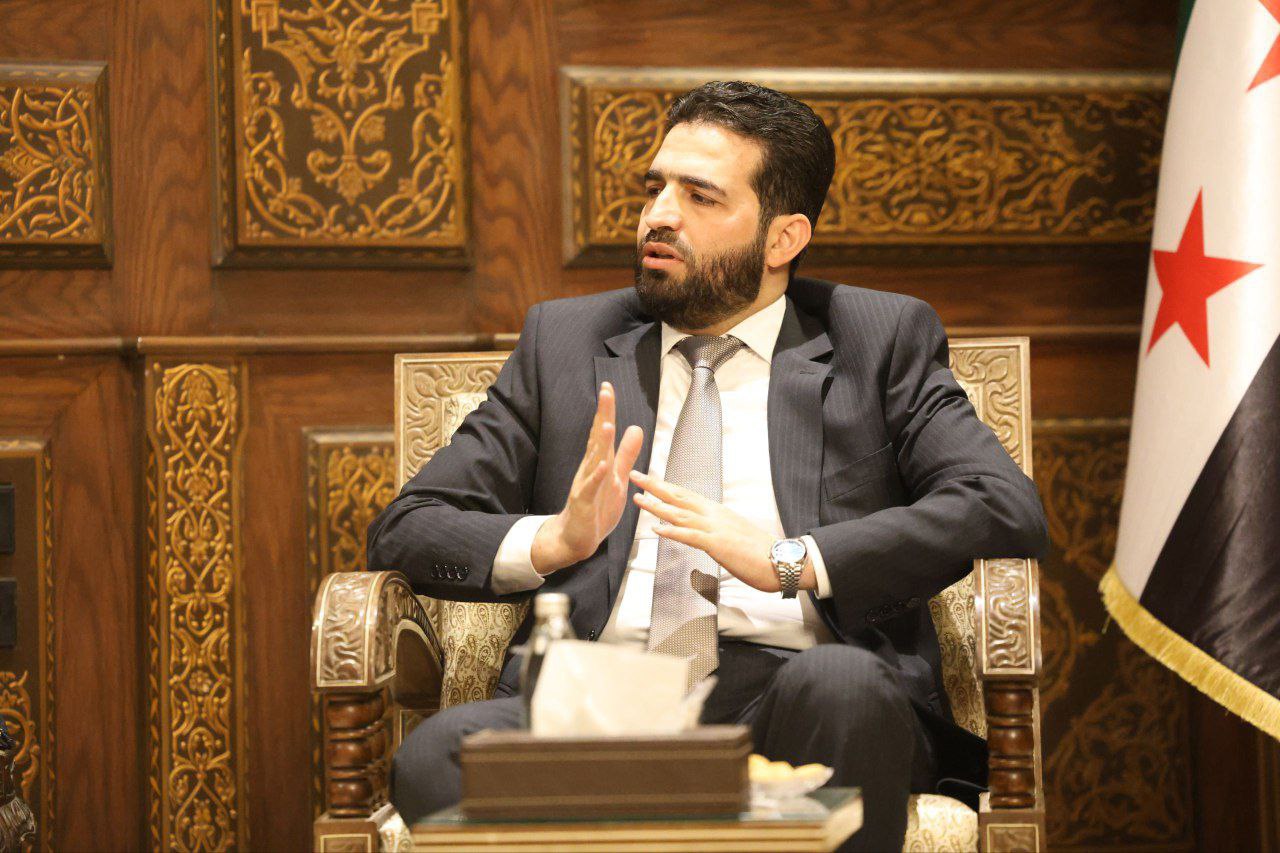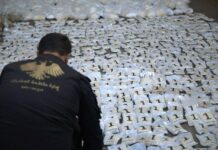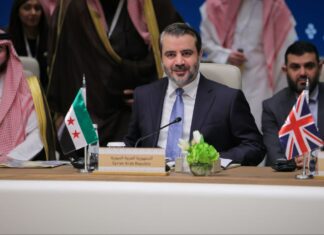
Syrian Interior Minister Anas Khattab has outlined sweeping reforms aimed at restructuring and modernizing the country’s internal security and administrative systems. This marks a pivotal moment for the ministry following the fall of the previous regime.
Centralized Leadership and Unified Command
In a series of statements posted Wednesday on X, Khattab described his plan as a foundation for building a “secure society” rooted in dignity and service. The initiative includes structural reforms to unify police and security leadership in each governorate, centralizing authority under a single representative to improve accountability and coordination.
“We’re entering a new phase,” Khattab said. “Our goal is stability and effective public service. We are investing in people and technology to serve citizens better.”
Modernization in the Digital Age
The Ministry plans to overhaul criminal investigations by upgrading labs with modern equipment, and crack down on drug trafficking, especially in regions previously overrun with Captagon production. Courses to train specialized anti-narcotics personnel are also underway.
Khattab said digital transformation is a priority, with plans to develop a centralized civil status and internal service database. The Interior Ministry will also launch electronic applications, in partnership with the Ministry of Communications, to streamline services.
Traffic systems are set to see a tech upgrade as well, including smart cameras, automated violation tracking, and congestion solutions for Damascus. The immigration department, which resumed work immediately after the capital’s liberation, has already issued over 160,000 passports, despite damage to its headquarters. Efforts continue to improve its capacity and responsiveness.
Security and Penal Reforms
Reform of the prison system is another major focus. Khattab said the ministry aims to shift away from punitive models and toward rehabilitation. Existing facilities are being temporarily upgraded until new centers are built that align with international standards and human rights practices.
In terms of national security, Khattab confirmed that a planned coup by remnants of the ousted regime had been thwarted. He said the ministry is now actively pursuing those involved and is working closely with the Ministry of Defense to maintain internal stability.
Discussions are also underway to revise the ministry’s structure and public policies to enhance efficiency across all departments. Emphasis was placed on human resources, strategic planning, and clear lines of responsibility.
Engagement with the European Union
The EU has taken note of Syria’s security overhaul. On Tuesday, Interior Minister Khattab met with Michael Ohnmacht, Head of the EU Delegation to Syria, to discuss strengthening cooperation and supporting Syria’s internal transition. Ohnmacht praised the dialogue, calling it a “positive step” and confirming that the EU is now engaging directly with Syria’s transitional government.
“The situation has changed,” Ohnmacht said in a televised interview. “We are now dealing with the new leadership, and this opens doors for coordinated support and future cooperation.”
The EU had previously limited its involvement to humanitarian aid. Recent ministerial-level meetings and Syria’s participation in the latest Brussels conference signaled a growing international willingness to support the country’s new leadership and internal reforms.








